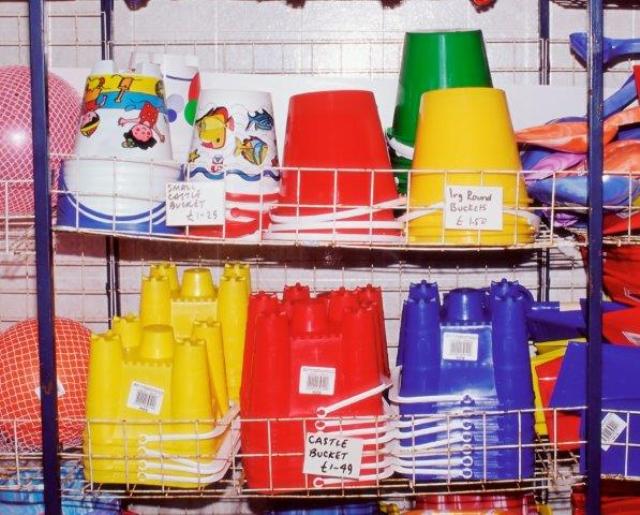May 1 2015
Researchers Peidong Yang, Michelle C. Y. Chang, Christopher J. Chang and their teams took on the challenge of finding an alternative that would significantly cut mankind’s dependence on fossil fuels.
 The raw materials for everyday products could someday be produced by bacteria and solar energy. Credit: Image Source White/Image Source/Thinkstock
The raw materials for everyday products could someday be produced by bacteria and solar energy. Credit: Image Source White/Image Source/Thinkstock
They have now invented a novel artificial photosynthetic system which can power a portion of the world’s industrial sector using solar energy and bacteria. Currently, the world’s industrial sector is using over half of the total energy annually.
The new system developed by them is capable of converting carbon dioxide and light into building blocks for pharmaceuticals, plastics, and fuels without the use of electricity.
The team took into consideration the way plants use photosynthesis to convert sunlight, carbon dioxide and water to create their own fuel (carbohydrates). This natural method is capable of harvesting 130 Terawatts of solar energy worldwide.
Even if a small portion of this could be harnessed to create fuels and power industrial processes, dependence on fossil fuels can be greatly reduced. The team thus began working to achieve this.
They constructed a independent nanowire array capable of trapping light andconverted CO2 into acetate with the assistance of bacteria. The direct interaction of bacteria with light-absorbing materials is termed by the researchers as the first instance of "microbial photoelectrosynthesis."
Subsequently, another bacteria type was used to transform the acetate into chemical precursors which are used to formulate several types of daily use items ranging from antibiotics to paints.
The research work was funded by the U.S. Department of Energy, Howard Hughes Medical Institute, the Lawrence Berkeley National Laboratory, the National Science Foundation and the National Institutes of Health.
The researchers have illustrated their findings in the ACS journal Nano Letters.